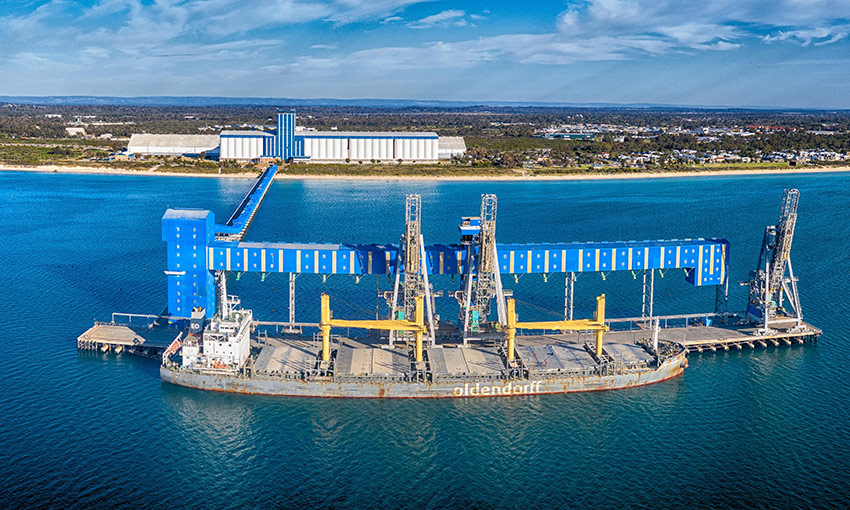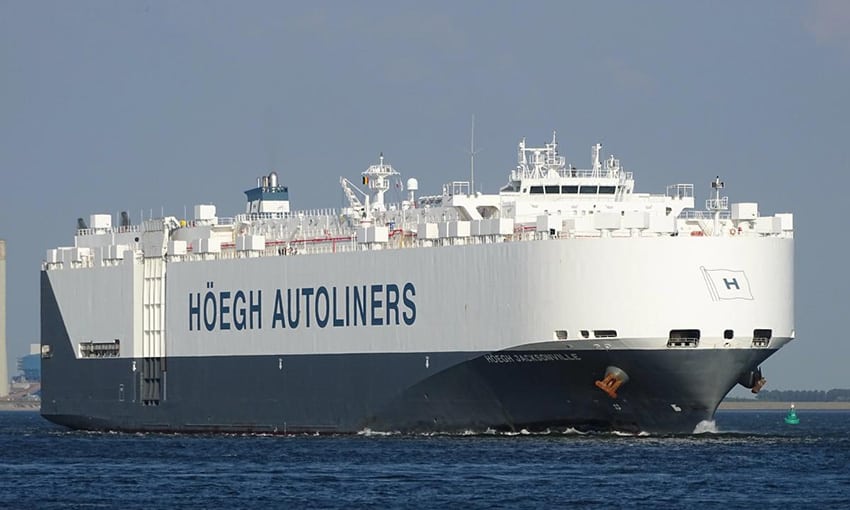DANISH shipping company Norden and BHP have entered an arrangement for biofuel to be used on a voyage from Australia to the Netherlands.
The arrangement will see approximately 1000 tonnes of B100 biofuel used on Norden capesize vessel Nord Steel on a voyage from Hay point, Australia to Rotterdam, Netherlands.
This will be the largest quantity of biofuel used on a single voyage by Norden, who anticipates a total reduction of 2500 tonnes of CO2 emissions compared to an equivalent voyage using conventional fossil maritime fuel
The shipper says this is equivalent to removing 543 fossil-fuelled vehicles off the roads for a year.
BHP’s head of maritime, Sarah Greenough, said BHP is delighted to work with like-minded partners like Norden to consume biofuel as a contribution towards decarbonising supply chain emissions.
“Since our first biofuel trial in 2021, BHP has introduced biofuel blends into the fuel mix for selected voyages on our major shipping routes,” Greenough said.
In 2018, Norden became the first shipping company to perform a commercial shipment using B100 biofuel, a type of biodiesel made from 100 percent renewable sources, such as vegetable oils or animal fats.
Jan Rindbo, CEO of Norden said, “BHP is taking a leading role in helping to accelerate the decarbonisation of shipping, so we are immensely proud of the trust they have put in us, supporting them in their efforts to see lower supply chain emissions”.
“Biofuels are an integral part of our ambition to decarbonise our customers’ supply chains, as it can be applied directly onto our +500 operated vessels without any engine modifications, while delivering instant reductions to the benefit of our customers,” Mr Rindbo concluded.
Norden has invested in biofuels since first using the B100 six years ago, such as with its latest investment in bio-oil producer Mash Makes, and with the development of the Norden Book & Claim initiative, which connects emission reductions made by Norden with customers that due to trading routes or other constraints are not able to bunker low-carbon fuels.





